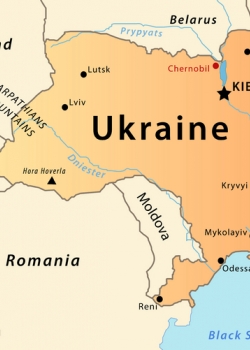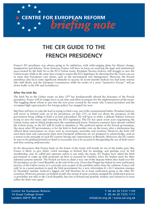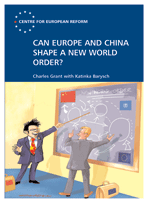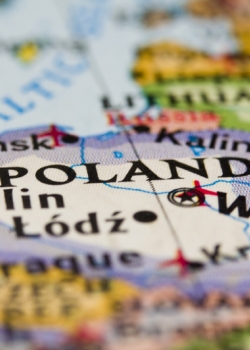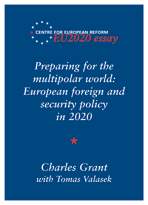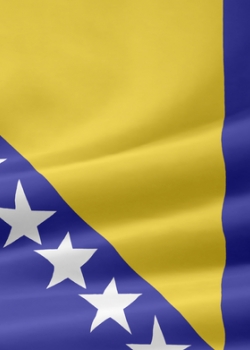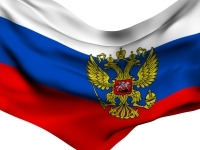Charles Grant
Charles Grant

Director
Areas of expertise
Britain’s relationship with the EU, the ‘future of Europe’ debate, European foreign and defence policy, and China's relations with the West.
Twitter
T3VyIHJlc2VhcmNoZXJzIGNhbiBiZSByZWFjaGVkIHZpYSBlbWFpbCB1bmRlciBbZmlyc3RuYW1lXUBjZXIuZXU=
Ukraine needs new politicians
22 July 2008
Ukraine is heading for an economic crash. At least that was the message I picked up in the Crimean resort of Yalta earlier this month, at the 'Yalta European Strategy' conference.
The CER guide to the French presidency
04 July 2008
France's EU presidency was always going to be ambitious, with wideranging plans for climate change, immigration and defence. Now, however, France will have to focus on resolving the legal and institutional mess created by the Irish No to the EU's Lisbon treaty. President Nicolas Sarkozy will struggle to save the...
Four pillars for an EU-India partnership
02 June 2008
Until recently, neither the EU nor India took their relationship very seriously. That is starting to change, thanks to burgeoning economic ties.
Can Europe and China shape a new world order?
01 May 2008
A new world order is emerging, with multiple centres of power. But will this order be multilateral, with governments accepting global rules and institutions? Or will the strongest states assert their interests unilaterally, without regard to international law?
The Czechs in the EU: In the middle of the class
10 March 2008
On a recent visit to Prague, people kept asking me how the Czech Republic was doing as EU member-state, and whether it was a successful member.
Poland’s bold new foreign policy
01 February 2008
For the rest of Europe, the worst thing about Poland’s Law and Justice government, led by Jaroslaw Kaczynski, was its foreign policy. His approach towards Russia, Germany and (sometimes) the EU – supported by his twin brother, President Lech Kaczynski – was confrontational.
Poland's bold new foreign policy
17 January 2008
As far as the rest of Europe was concerned, the worst thing about Poland’s Law and Justice government, led by Jaroslaw Kaczynski (and supported by his twin brother, President Lech Kaczynski), was its foreign policy. The twins’ attitude towards Russia, Germany and – sometimes – the EU was confrontational. The Civic Platform government that took over in October is shifting Poland’s foreign policy. Its ministers often speak to the Germans without reminding them of the war. More controversially, the government is trying to build bridges with Russia. Moscow has lifted its ban on meat exports from Poland, while Warsaw has consulted the Russians about the Bush administration’s plans to deploy missile defence systems in Poland. Prime Minister Donald Tusk is much less enthusiastic than the Kaczynskis about missile defence
Preparing for the multipolar world: European foreign and security policy in 2020
18 December 2007
The world is becoming increasingly multipolar. Will that mean democratic poles lining up against autocracies, in two competing camps? Or will all the leading powers support multilateral institutions?
The EU must stand firm on Bosnia
03 December 2007
The EU’s inability to halt the Bosnian civil war of 1992-95 marked the nadir of its attempts to build an effective foreign policy. Eventually the Americans helped the Europeans stitch Bosnia back together, at the Dayton peace conference.
A grand bargain with Russia?
19 October 2007
Relations between the Russia and the West have not been so prickly since the break-up of the Soviet Union. Viewed from the US and the EU, Russia is being obstructive across a whole swathe of issues, such as its blockade of trade with Georgia, its refusal to accept independence for Kosovo, and its opposition to further UN sanctions on Iran.

